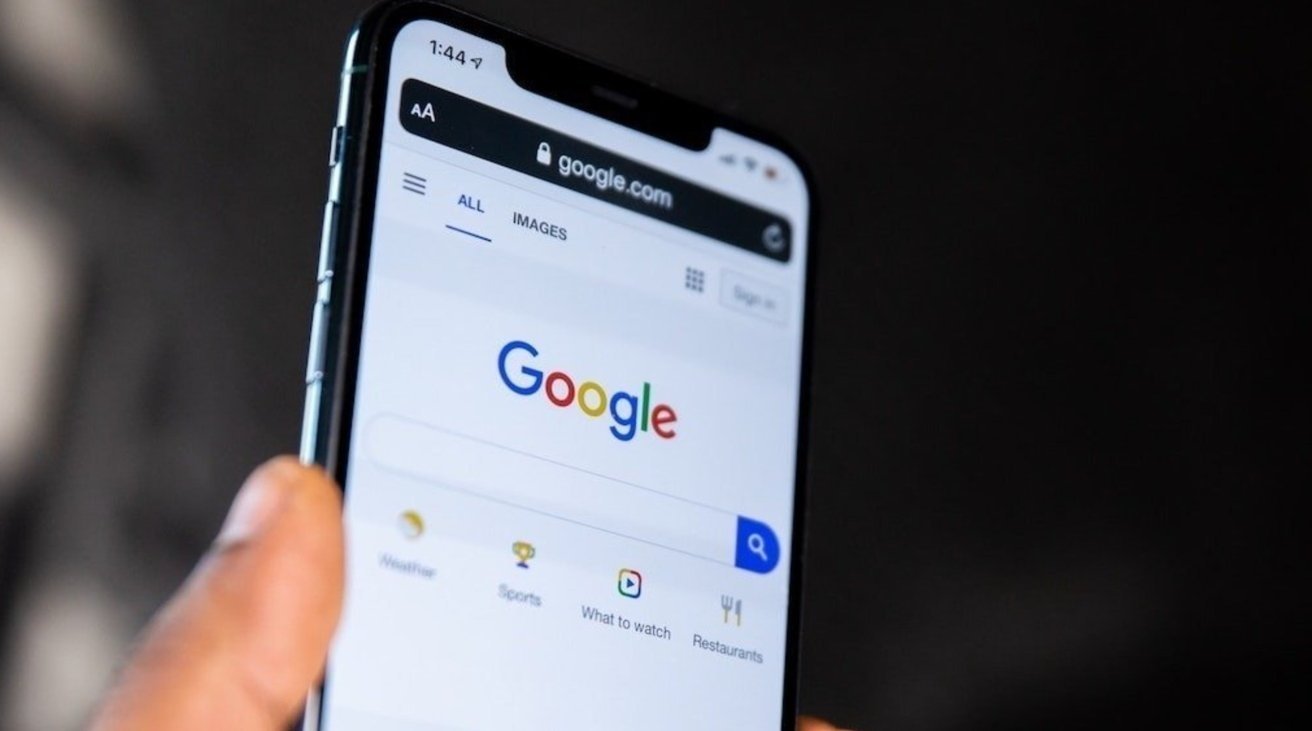While Google is probably going to come out of its antitrust legal fight intact, it’s very likely that its $20 billion Safari default search deal with Apple will undergo some big changes.
Google is midway in the current search monopoly trial, which will determine how the company should change its ways to minimize its monopoly in the search market. After being found to be a monopoly and violating antitrust law in the United States in August 2024, the court is now hearing ways to remedy the situation.
So far, it seems that the remedies won’t be too damaging to Google, with Judge Amit Mehta seemingly supporting some of the less painful actions. Sharing search data with rival firms is one of the lesser acts that Google could be forced to undertake.
When it comes to the widely-publicized possibility of Google divesting Chrome, analysts and lawyers speaking to The Information doubt the judge will require that to happen. It’s unlikely for a court to demand major structural changes to a corporation, such as a sell-off of a smaller business arm, unless there is a minimal connection to the monopoly itself.
Since 20% of search queries in the U.S. go through Chrome, divesting the browser would be a big change to Google’s business.
Mehta has asked both the U.S. government and Google about whether a Chrome sale would count as a “structural” remedy, which would require a greater level of evidence. This apparently indicates that the judge isn’t entirely keen to go down that route.
Search payments are a target
In terms of what the judge may target, one big candidate is Google’s practice of making payments to other companies to be the default search in web browsers. This includes paying billions to companies like Apple and Samsung each year.
The level of these payments are considerable, including one estimate from 2022 at $20 billion from Google to Apple to keep Google as the default search on iPhone and Safari.
However, the return to Google is similarly vast. One internal 2020 Google analysis estimated that Google would lose between $28.2 billion and $32.7 billion in revenue if it was not the default search provider on Apple hardware.
If the payments stopped, Google’s 2020 estimate was that it would lose between 60% and 80% of search query volume on Apple devices, if it wasn’t the default search engine anymore.
Such a decision by the court would be agreeable to the Department of Justice, who has previously asked for the end of the payments. This would mean Apple loses around $20 billion in revenue per year.
Judge Mehta did raise the point that denying Google the payments could allow a competitor to step in and do the same. There was a concern from the judge that another major tech firm, such as Microsoft, could take over and make its own payments to be the default search.
“That line of questioning is recurring,” Chamber of Progress director of legal analysis Vidushi Dyall points out. This indicates that the judge is especially interested in the payment plans.
Search data bonanza
While Apple could lose out on Google’s regular browser search payments, the search industry as a whole could benefit from the proposal for data sharing. A subject the judge is seemingly keen on allowing.
On the first day of testimony, Mehta discussed with a Google lawyer that Google’s search data was one of the “fruits” of its monopoly, and that a remedy should address those fruits. This was taken to mean Mehta was in favor of preventing Google from capitalizing on hogging its search data.
The DoJ has wanted Google to syndicate results with rivals, providing real-time access to queries that could be used on their own results page. Access to Google’s search index and data about searches could also be mandated for a ten-year period.
Google chief Sundar Pichai testified that the data-sharing proposal and the combination of proposed remedies from the DoG would make it “unviable” for the company to keep investing in search research and development. Google also put an expert on the stand to claim that competitors would be able to reverse-engineer Google’s search engine if the data is shared.
Search shenanigans
Whatever the judge decides is the best set of remedies for Google’s search dominance, it will be something that will reverberate across the tech industry. For Apple, that could mean a change to its finances when it comes to default search, but there’s a very small chance it could also force Apple further into the field.
Apple doesn’t have its own search engine, and Apple SVP of services Eddy Cue insisted in December 2024 that Apple had no interest in creating one. He insisted Apple would prefer to continue to use Google.
Even so, back in October 2023, it was claimed Google had all of the elements in place to make its own and to go it alone. This includes allegations that it had been working on a search engine for apps codenamed “Pegasus” for a few years, as well as the Applebot web crawler and the expansion of its advertising business.
A sudden loss of payments for Google’s default search position could give Apple enough of an incentive to actually proceed with such a plan.





